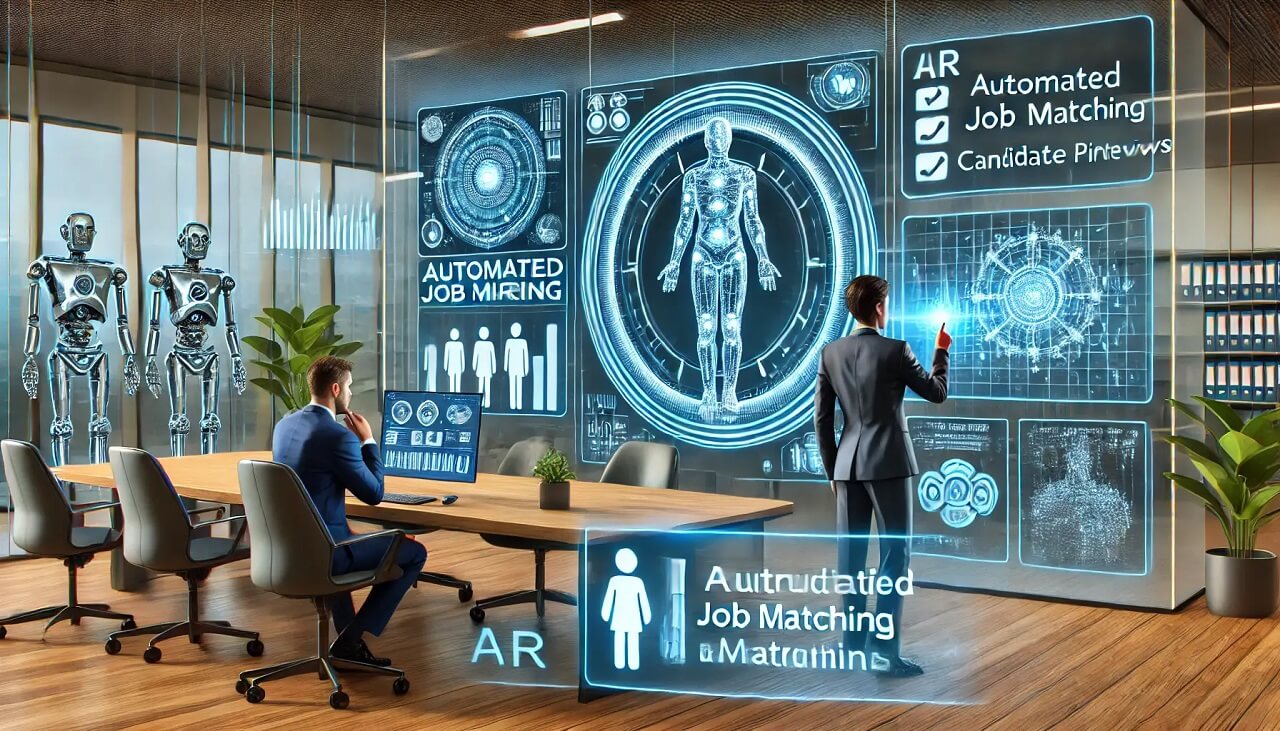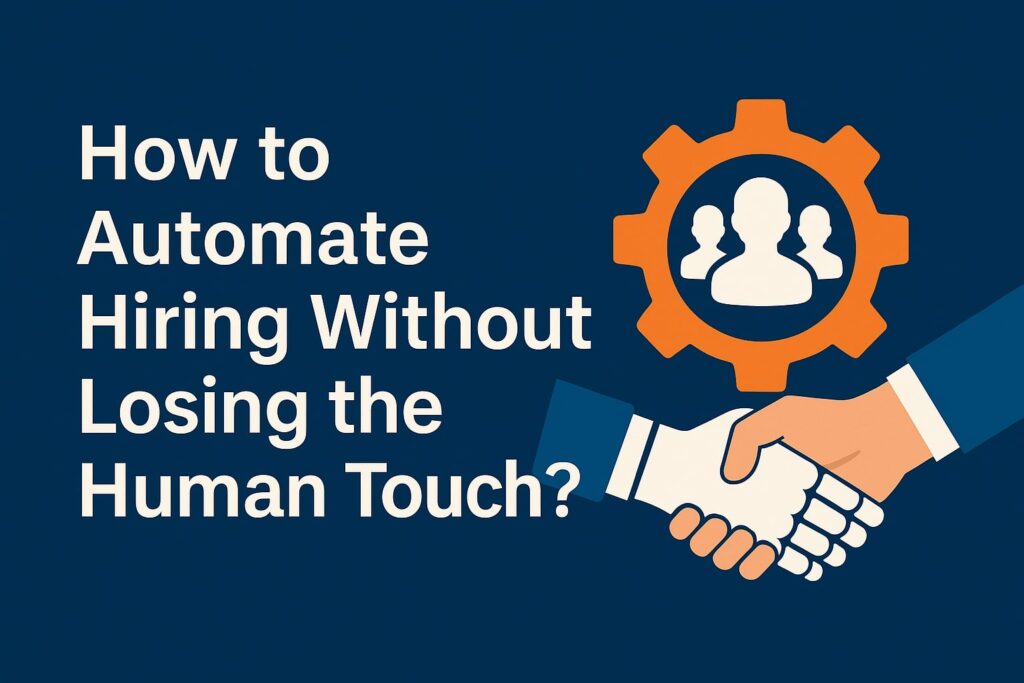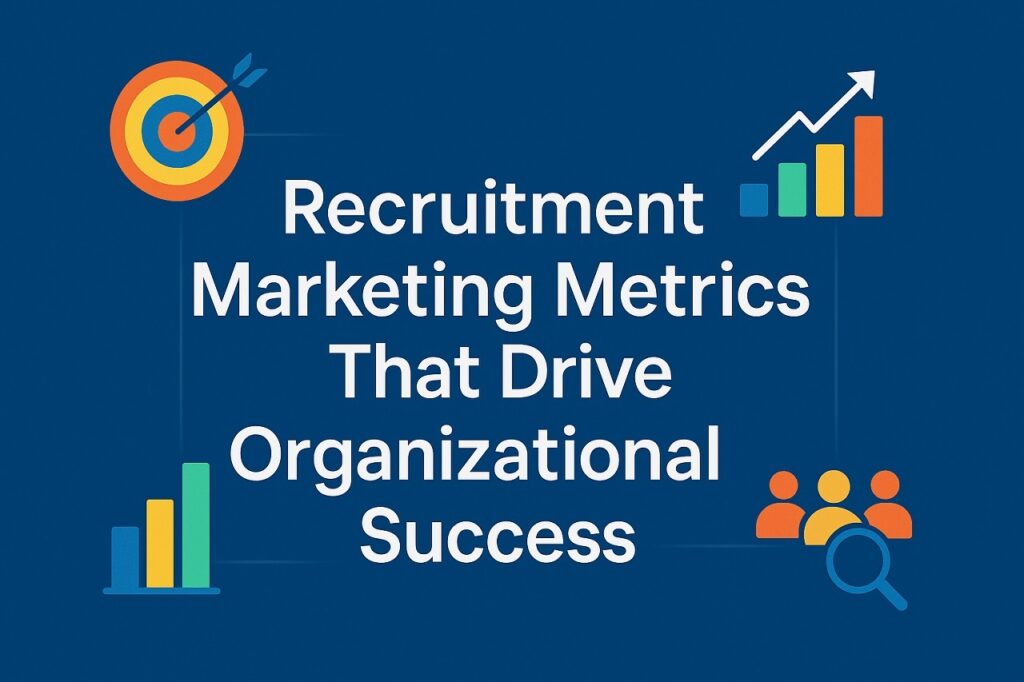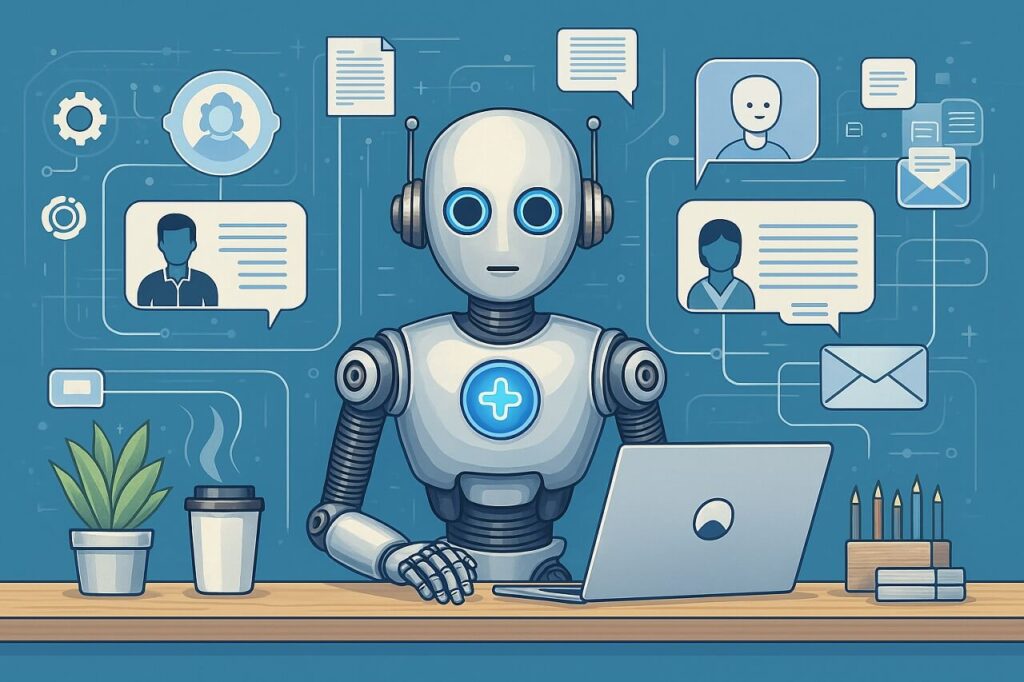The recruitment landscape is evolving at an incredible pace, driven by automation, artificial intelligence (AI), and data-driven decision-making. HR professionals who leverage these technologies can streamline hiring, reduce costs, and improve candidate experiences. But what are the latest recruitment automation trends, and how can businesses benefit from them?
Let’s explore the top trends shaping recruitment automation in 2025 and beyond.
1- AI-Powered Candidate Sourcing & Screening
Gone are the days of manually reviewing hundreds of resumes. AI-driven recruitment platforms now:
- Scan job boards, LinkedIn, and social media to find top candidates
- Analyze resumes and match skills with job descriptions
- Predict candidate success based on past hiring patterns
Example: AI-driven ATS platforms like iCIMS and HireVue use machine learning to shortlist candidates 50% faster than traditional screening methods.
2- Chatbots & Virtual Assistants for Candidate Engagement
Recruitment chatbots are revolutionizing candidate interactions by:
- Answering FAQs about job roles and company culture
- Scheduling interviews without human intervention
- Sending personalized follow-ups to keep candidates engaged
Example: Paradox’s Olivia is an AI chatbot that interacts with candidates, reducing time-to-hire by up to 30%.
3- Automated Interview Scheduling
Manually scheduling interviews is a thing of the past. Automated scheduling tools:
- Sync with recruiters’ calendars
- Offer candidates multiple time slots
- Send automated reminders to reduce no-shows
Example: Calendly and GoodTime streamline scheduling, allowing HR teams to focus on evaluating talent rather than coordinating meetings.
4- AI-Driven Video Interviews
AI-powered video interview platforms assess tone, language, and facial expressions to evaluate candidates. They also:
- Provide structured interview questions based on job roles
- Reduce bias by scoring candidates objectively
- Allow recruiters to review recorded interviews at their convenience
Example: Platforms like HireVue and Spark Hire use AI to assess soft skills and job fit with high accuracy.
5- Predictive Analytics in Hiring Decisions
Predictive analytics uses past hiring data and trends to improve decision-making by:
- Identifying the best candidate sources
- Forecasting candidate job performance
- Reducing turnover by predicting long-term employee success
Example: AI-based analytics tools, like Pymetrics, help HR teams make data-driven hiring decisions and improve retention rates.
6- Programmatic Job Advertising
Recruiters no longer need to manually post jobs across multiple platforms. Programmatic advertising uses AI to:
- Automatically distribute job ads to the right audience
- Optimize budget spend based on real-time engagement
- Improve conversion rates with targeted job placements
Example: Sourcing Square leverages programmatic job advertising to enhance recruitment marketing efforts.
7- AI-Based Diversity Hiring Solutions
AI-powered hiring tools now focus on reducing bias and improving diversity, equity, and inclusion (DEI) by:
- Masking candidate names and demographic details during screening
- Identifying underrepresented talent using inclusive hiring models
- Providing recruiters with bias-free candidate recommendations
Example: Textio and Blendoor use AI to analyze job descriptions and eliminate gender or racial biases in hiring.
8- Automated Onboarding Workflows
Automation doesn’t stop at hiring. AI-driven onboarding tools help HR teams:
- Send offer letters automatically
- Collect and verify employee documents
- Provide personalized onboarding experiences
Example: BambooHR and Workday offer automated onboarding solutions, reducing HR workload and improving new hire retention.
9- Integration of HR Tech Stacks
Recruitment automation is most effective when integrated with HR systems, such as:
- Applicant Tracking Systems (ATS)
- Customer Relationship Management (CRM) tools
- Payroll and HR software
Example: Greenhouse and Lever provide seamless ATS integrations to centralize recruitment efforts.
10- AI-Powered Employee Referral Programs
Companies are leveraging automation to enhance employee referral programs by:
- Matching referrals with open positions instantly
- Sending automated updates to referrers and candidates
- Using AI to predict referral success
Example: Platforms like ERIN and RolePoint automate and improve employee referral hiring rates.
Final Thoughts: The Future of Recruitment Automation
As AI and automation continue to redefine talent acquisition, HR professionals must adapt to stay ahead. The benefits of recruitment automation include:
- Faster hiring processes
- Reduced bias and improved diversity hiring
- Better candidate experiences and engagement
- Higher efficiency and cost savings
Ready to future-proof your recruitment strategy? Explore Sourcing Square’s AI-powered hiring solutions and transform the way you attract top talent!




